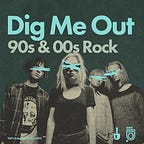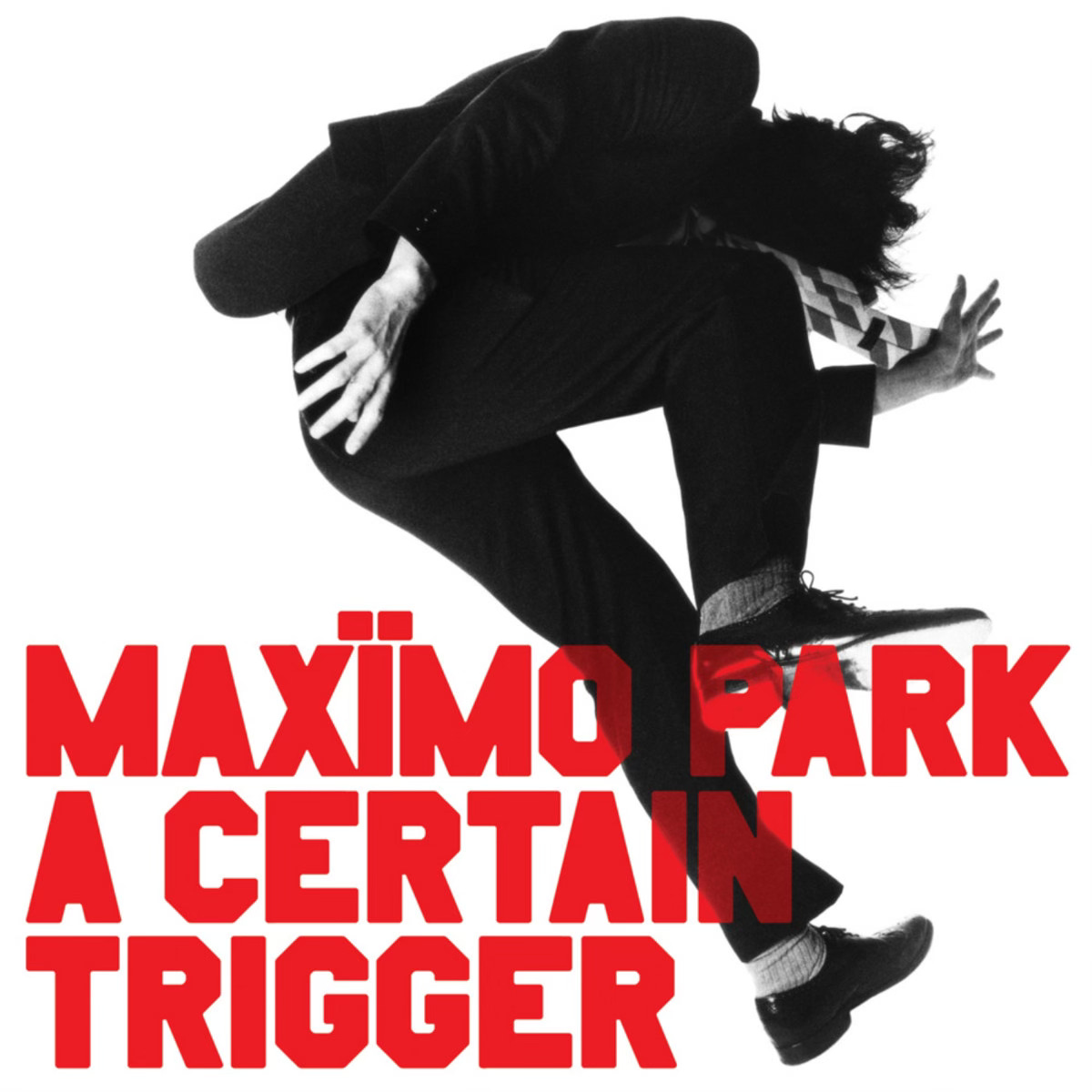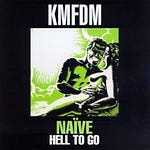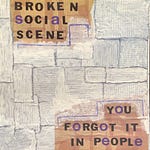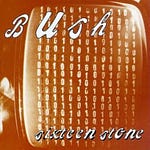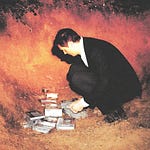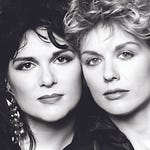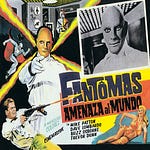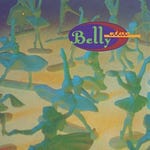Remember when 2005 felt like the future? When dance-punk ruled the airwaves and every British band seemed to have cracked the code for making angular guitars sound like pure electricity? That was the year Maxïmo Park dropped A Certain Trigger, their debut that should have made them household names. Instead, it became something more interesting—a nearly perfect document of a movement that burned bright and fast.
Why does a 20-year-old album still feel so immediate? Maybe because it captures that specific mid-2000s energy better than almost any other record—when guitar music was having its last great gasp before the digital revolution took over completely.
The Newcastle Anomaly
Maxïmo Park emerged from Newcastle upon Tyne in 2000, spending five full years perfecting their sound before A Certain Trigger hit shelves in May 2005. Five years. In today’s streaming culture, that feels like geological time. But that patience shows in every razor-sharp guitar line and every meticulously crafted three-minute song.
They were the outliers from day one. While their contemporaries signed to major labels chasing the next big thing, Maxïmo Park landed on Warp Records—the legendary Sheffield imprint known for Aphex Twin and Boards of Canada. What was an electronic label doing with a guitar band? The answer reveals everything about what made this album special.
Producer Paul Epworth, who would later win Grammys for his work with Adele, understood something crucial about Maxïmo Park’s sound. He didn’t try to smooth out their edges or make them radio-friendly. Instead, he captured their nervous energy with a bone-dry production that made every instrument jump out of the speakers like live wires.
The Sound of Controlled Chaos
Listen to opening track “Signal and Sign” and you’ll understand immediately why this album works. The keyboards don’t just accompany—they dance around the rhythm section like a caffeinated synth player trying to keep up with an express train. Everything is staccato, angular, precise. It’s The Jam if they’d grown up on Wire and Gang of Four instead of The Who.
But here’s what separates A Certain Trigger from mere post-punk revival pastiche: the songs are genuinely catchy underneath all that jittery energy. “Apply Some Pressure,” the album’s most famous track, builds its hook around a guitar line that sounds like it’s arguing with itself—until suddenly it all makes perfect sense. It’s prog-level complexity compressed into pop song structures, delivered with the urgency of a band that knows they might only get one shot.
The rhythm section deserves special mention. Despite the band no longer having a dedicated bassist, the bass work on this album recalls John Entwistle’s melodic runs with The Who—finger-picked lines that grab you by the collar and demand attention. Combined with Tom English’s precise drumming, it creates a foundation solid enough to support all those musical ideas without collapsing into chaos.
The Cultural Moment
A Certain Trigger arrived at the perfect time and the worst possible time. Perfect because the post-punk revival was in full swing, with Franz Ferdinand, Bloc Party, and The Futureheads all proving that angular guitar music could be both smart and accessible. Worst because it was getting crowded in there, and being excellent wasn’t enough anymore—you needed that one undeniable anthem.
Did Maxïmo Park have that anthem? That depends on who you ask. The album spawned five singles over 18 months, an almost unprecedented campaign for a debut. But none quite achieved the cultural penetration of Franz Ferdinand’s “Take Me Out” or Bloc Party’s “Banquet.” Instead, they had something more valuable: consistency across 39 minutes of relentlessly inventive music.
The album earned a Mercury Prize nomination and went platinum in the UK, selling over 500,000 copies worldwide. More importantly, it proved that guitar music could still surprise people when it was played with genuine passion and intelligence.
The Paradox of Perfection
Here’s the thing about A Certain Trigger that drives some listeners crazy and absolutely thrills others: it’s almost too perfectly constructed for its own good. Every song operates at the same frenetic energy level, every arrangement is meticulously crafted, every transition is precisely timed. It’s like a Swiss watch that runs on pure caffeine and nervous energy.
Some critics found this exhausting—too much information packed into too little time, with no breathing room for the listener to process what they’re hearing. Others, including this writer, find it exhilarating. In an era when many albums felt bloated and indulgent, here was a band that treated every second like it mattered.
The only real misstep is “Acrobat,” a droning experiment that feels like it wandered in from a different album entirely. It’s the kind of track that suggests a band trying to prove their artistic credentials when their pop instincts were already more than enough.
The Lasting Legacy
Twenty years later, what’s most striking about A Certain Trigger is how it captured lightning in a bottle. This specific strain of dance-punk—intellectual but visceral, complex but immediate—essentially disappeared by the end of the decade. Maxïmo Park themselves are still making music, releasing their eighth album in 2024, but they’ve never quite recaptured this debut’s particular magic.
Maybe that’s okay. Sometimes a band’s job isn’t to repeat themselves but to create one perfect document of a specific moment in time. A Certain Trigger does exactly that—it’s a 39-minute snapshot of what it felt like when guitar music was still the center of the cultural conversation, when bands could be both cerebrally ambitious and instinctively catchy.
For those who missed it the first time around (and based on the podcast discussion, there are apparently many of us), the album offers a reminder of what rock music can accomplish when it’s played with genuine urgency and intelligence. Not every album needs to change the world. Sometimes it’s enough to capture one perfectly, even if that world only lasted for a few precious years.
The question isn’t whether A Certain Trigger deserved to be bigger than it was. The question is whether we deserved to have music this vital and immediate in the first place. Twenty years on, the answer still feels like a resounding yes.
Songs in this Episode
Intro - Apply Some Pressure
14:03 - Signal And Sign
28:46 - I Want You To Stay
35:45 - Postcard of a Painting
Outro - Graffiti


